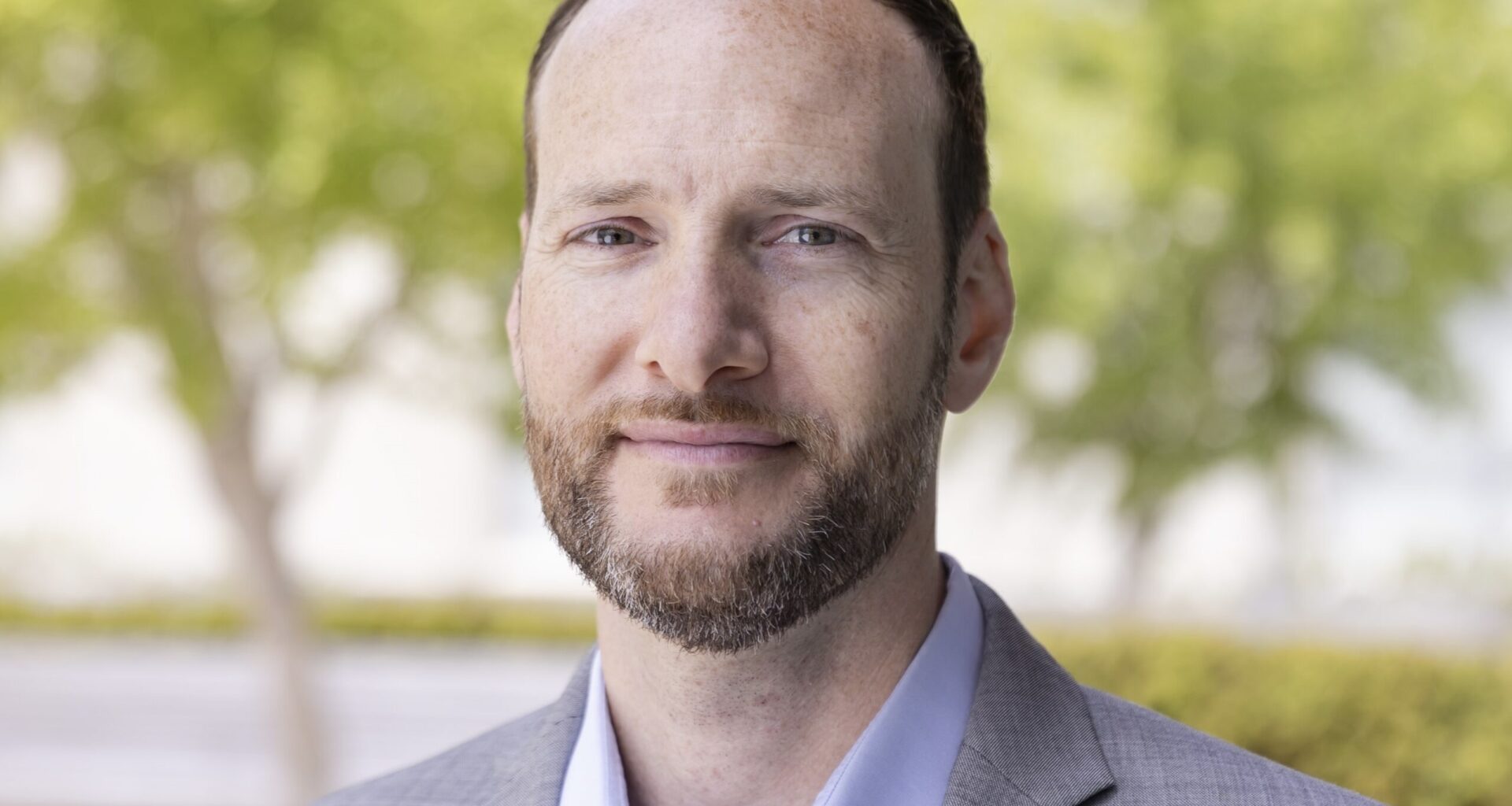This is part four of a multipart series on the failure of diversion programs in San Francisco’s criminal justice system. Part 1 Part 2 Part 3
On March 4, 2022, under pressure from pro-recall advocates and the press, then San Francisco District Attorney Chesa Boudin released data on his “charging rates and case outcomes” directly to Susie Neilson, then a data reporter for the San Francisco Chronicle. Neilson said the numbers showed Boudin “sent a greater percentage of defendants in robbery, assault, and drug cases to diversion programs than his predecessor [George Gascon], while obtaining convictions in a smaller share of those cases.” What Neilson neglected to mention is the reason for the lack of convictions: Boudin granted dismissals even to those who reoffended, meaning cases languished for months, even years, while defendants were given multiple diversion program referrals.
The victim advocacy and public safety group Stop Crime SF, one of many organizations that had been requesting detailed data regarding Boudin’s diversion tactics to no avail, finally hired renowned First Amendment attorney Karl Olsen to make a Public Records Request on their behalf. On April 6, 2022, Olsen wrote to Boudin’s office asking for “case numbers, original filed charges, original filing date; records of subsequent arrests or convictions involving the defendants in these cases after diversion … Records showing failures to attend or enroll; Records of multiple diversion referrals involving the same defendant; and record of defendants being terminated either by the Court or a defendant voluntarily removing himself from the program.”
Boudin didn’t monitor any of the diversion programs and was at the time of his recall still ‘in the process’ of gathering the data under threat of legal action.
Attorney Nikki Moore, Boudin’s public records and transparency expert, responded to Olsen’s request on April 15, 2022. Shockingly, despite his claim of reducing recidivism through diversion, Boudin didn’t have any records to back it up. “Our office has been working hard to compile diversion data for disclosure to the public,” Moore wrote. “We have dedicated substantial staff resources, including one person working full time since October to obtain, clean, and standardize diversion data from the agencies that collect it, and match it to the SFDA data on arrests filings, and case resolutions.” Moore told Olsen the office anticipated the data would be ready for release by May 11, 2022, but reserved the right “to extend the time of our estimated date of disclosure.”
Then Moore dropped a bombshell: “Our figures are ‘case level’ specific, not ‘person specific,’ and as such, we cannot look at subsequent contact of the same person without conducting additional analysis.” In other words, if a defendant was arrested for 10 burglaries while in diversion and 10 burglaries after diversion, Boudin couldn’t trace any of those 20 burglaries back to that defendant. Without “person specific” data to track defendants with multiple cases, Boudin’s recidivism figures would be both understated and unreliable.
The success rate of Pretrial Diversion, even with low-level offenders, has been on a steady decline for nearly a decade. The two studies cited in this series, both done by a progressive think tank and funded in part by the pro-diversion Arnold Ventures, show programs failing even before Boudin became district attorney. Brooke Jenkins, who was appointed district attorney by then-mayor London Breed after Boudin’s recall and was later elected to the office, said Boudin’s diversion expansion “included the removal of safeguards and standards designed to protect the public,” which she characterized as an abuse of diversion programs.
When a violent, repeat offender like Patrick Thompson is allowed to stay in diversion after attacking a police officer with an axe and saying he wanted to “kill everything that stands,” and, just months after “successfully” completing the program, randomly stabs two women multiple times, it’s hard not to agree with Jenkins. As if that isn’t troubling enough, in the two-plus years Boudin was in office, he didn’t monitor any of the diversion programs and was at the time of his recall still “in the process” of gathering the data under threat of legal action.
For Boudin, diversion was a reckless social experiment to appease his ideological belief that no one should be incarcerated, no matter how dangerous they are or how many people they put at risk. If the programs were failing, Boudin didn’t want to know about it, and he didn’t want the public to know about it either. Five years later, after Boudin gave Troy McAlister yet another chance, Public Defender Mano Raju wants him to receive diversion — over objections from Jenkins — despite the fact his crimes escalated in violence and culminated in the deaths of two innocent women.
Despite the tragedies caused by the diversion of violent criminals and the freeing of McAlister which led to his recall, Boudin landed a plumb job as Executive Director of the Criminal Law & Justice Center at the UC Berkeley School of Law.
While Boudin has moved on, those affected by his decisions still live with them every day. In a Sept. 22, 2025, statement to the Court, Hanako Abe’s mother Hiroko Abe, who lives in Japan, wrote, “When former District Attorney Boudin explained the defendant’s situation to us, we were informed that he had already completed a drug treatment program. Such treatment proved ineffective, as evidenced by his subsequent commission of serious crimes. In making its decision with integrity and dignity, we respectfully urge the Court to deny his request for the case to be referred to the Mental Health Diversion/Drug Court.”
Judge Begert will hear the mental health diversion motion for Troy McAlister by the San Francisco Public Defender’s Office on Oct. 28, 2025.
Related

